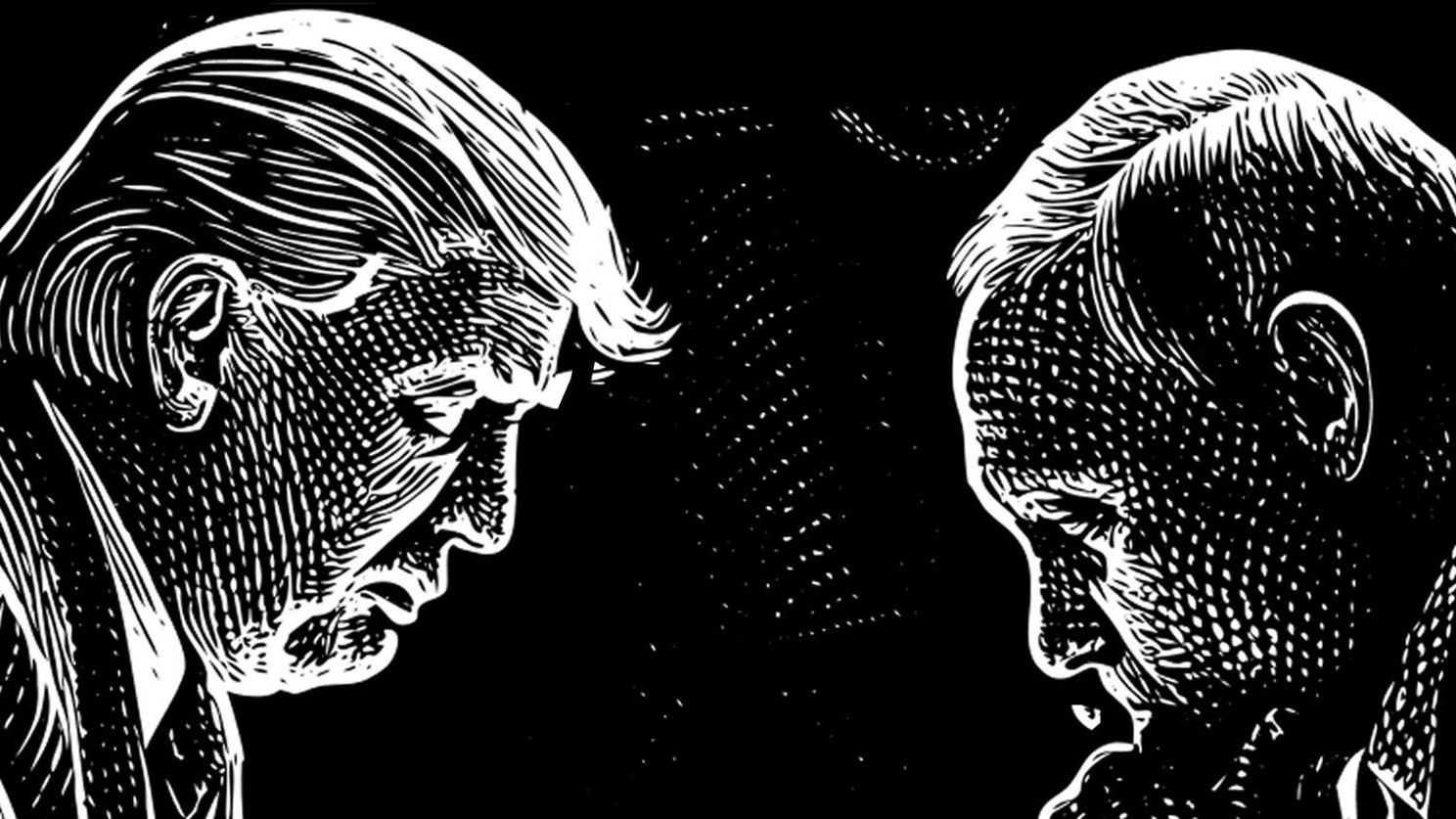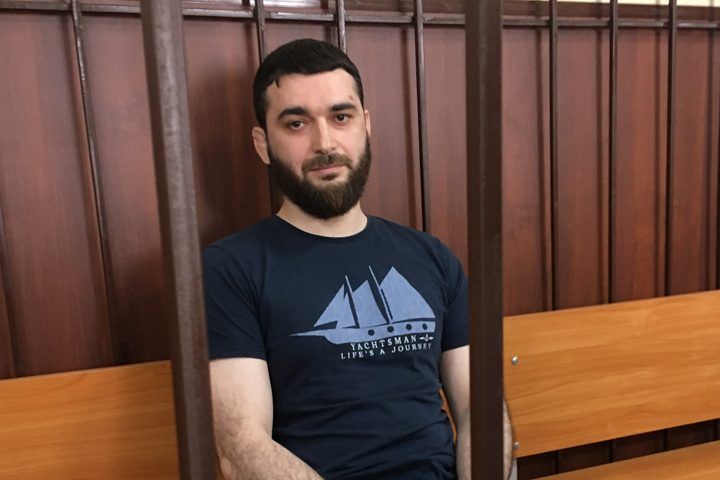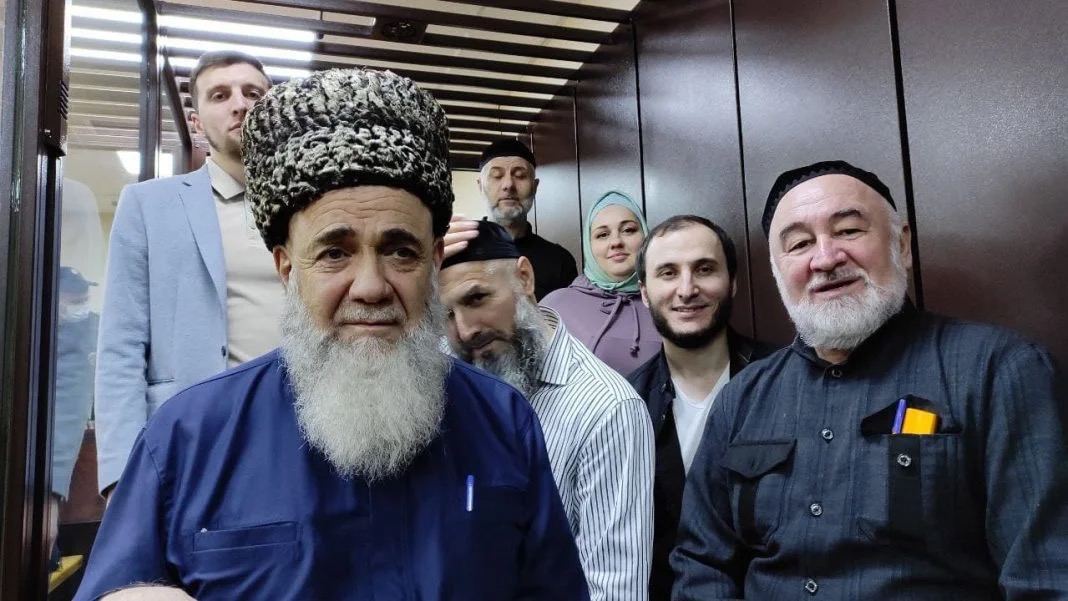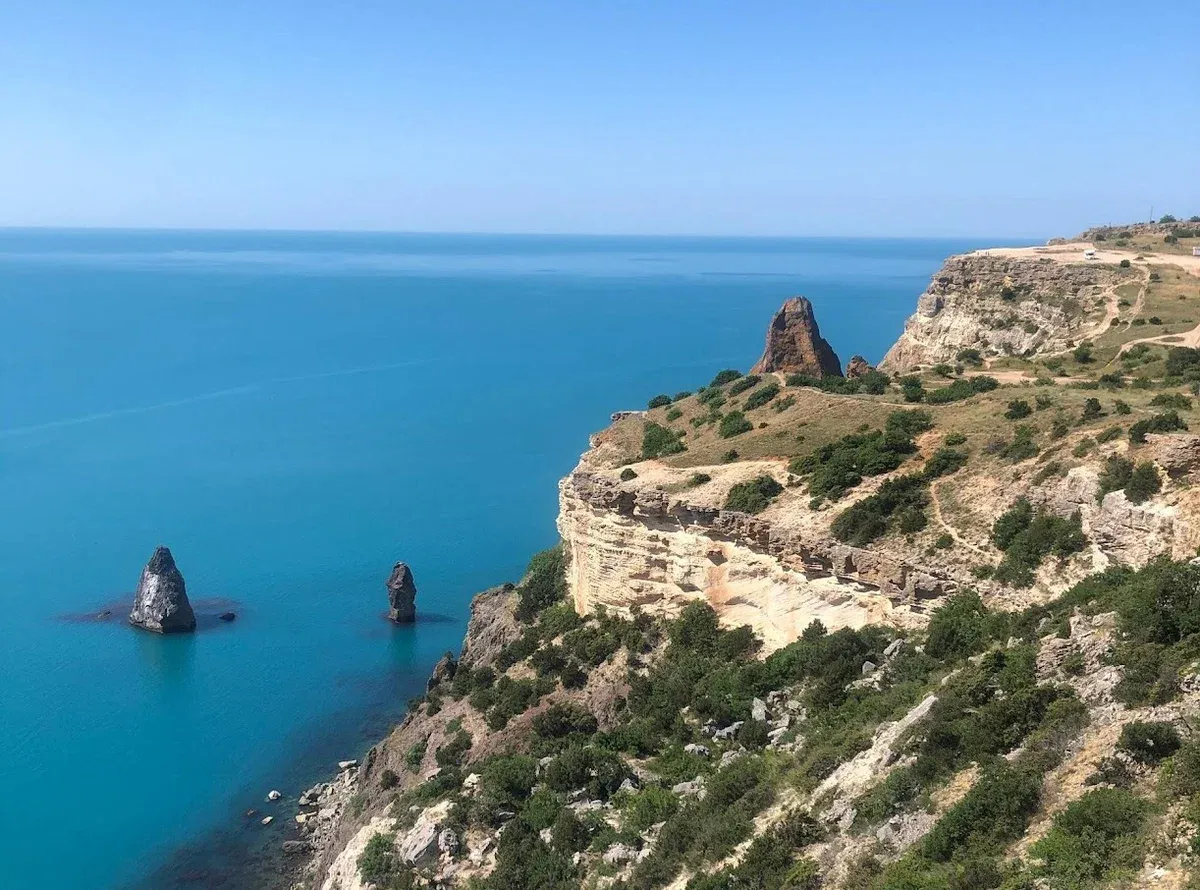This material is available in other languages:
ru
13 Oct 2024
"Case 58": How those who attacked Nalchik on October 13, 2005 were tried
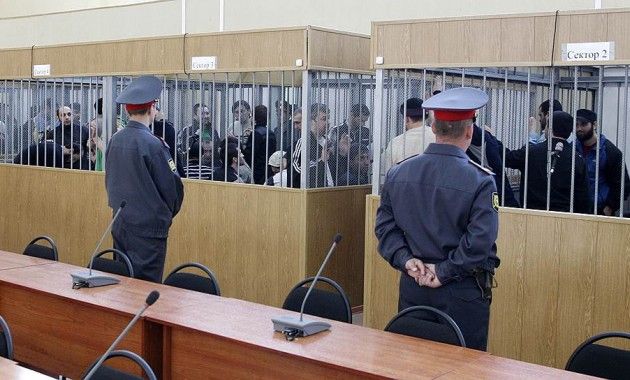
Валерий Матыцин. Фото: ИТАР-ТАСС
On 13 October 2005, more than 150 armed members of the Kabardino-Balkarian jamaat conducted a series of attacks against governmental institution and law enforcement authorities in Nalchik. In the two-days fight, more than 140 people died, 35 of whom were members of law enforcement or military, 95 alleged attackers and 15 civilians; nearly 250 people were injured. In 2008, the human rights center “Memorial” issued the report “Kabardino-Balkaria : on the way to disaster”, addressing these events and their background.
«Кабардино-Балкария: На пути к катастрофе»
Judicial proceedings in the case about the Nalchik attack lasted from 2008 to 2015. 58 people were indicted, most of them pleaded not guilty. While the proceedings took place, one of the accused died. The accused were indicted on more than 10 counts under the Russian Criminal code, including terrorism, attempt to assassinate law enforcement officers, banditry and armed rebellion.
Five of the accused were sentenced to life imprisonment, 8 people received 20+ years of imprisonment, 40 accused were sentenced to terms of 10 to 20 years in prison, and four people got sentences of less than 10 years in prison. Three of the indictees were liberated in the courtroom due to the fact that the time they had spent in pre-trial detention exceeded the allocated sentence.
According to human rights defenders, the sentence to the accused in the Nalchik attack case was unfair and unjustifiably severe.
Guilt of accused was established based on self-incriminations and testimonies of other defendants obtained by torture on the first days after their arrests. At the moment, numerous defendants indeed bore visible signs of physical abuse. Later, in court, many of them refused to confirm such “testimonies” claiming that they were subjected to torture. However, despite solid evidence thereof, victims’ claims were left unsatisfied and no criminal investigation was instigated on the matter of torture.
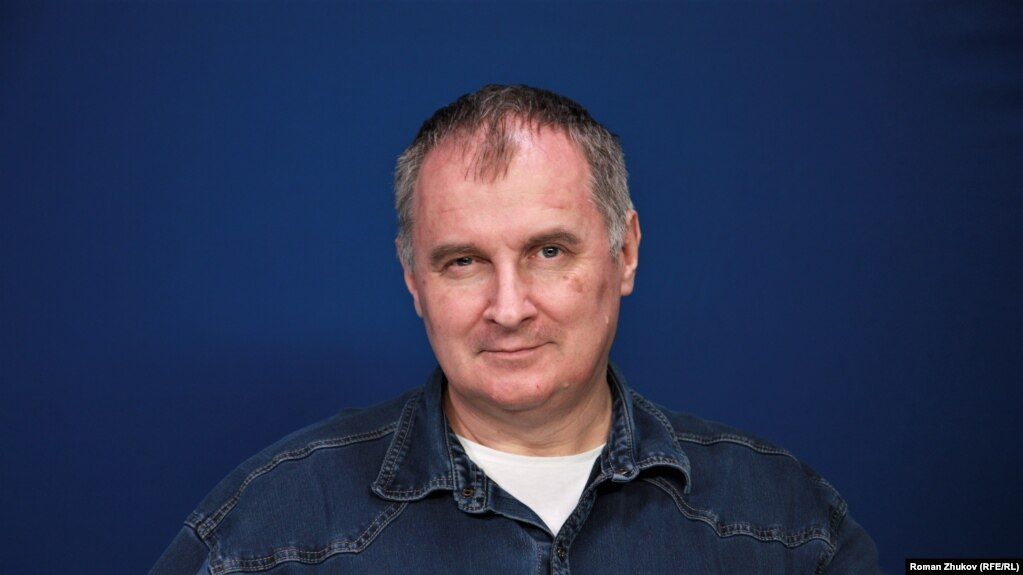
Alexander Cherkasov
Member of the Council of the human rights center “Memorial” (in an interview to “Caucasian Knot”)
“The verdict was expected, in the sense that it had been expected for many months. The oral pleadings were concluded long ago, the defendants said their last words, but the date of verdict announcement was constantly being postponed. At the end of the day, the verdict announcement was delayed till the 'dead season' to ensure that no one followed the case. The verdict was expected, as well, in the sense that many defendants were held in detention for more than 9 years. This is inconceivable even for Stalin’s age.”
The evidence submitted by the prosecution was so unfounded that it cast doubt on whether some of the defendants ever took part in the events of 13 October 2005. As such, the testimonies obtained under torture were rebutted by numerous witnesses who confirmed the defendants’ alibis. In particular, such testimonies constituted the foundation of sentencing Rasul Kudaev to life imprisonment. “Memorial” recognized him as a political prisoner.
The prosecution — and, later, the court when rendering the sentence— did not take into account the degree of each defendant’s participation in the crime committed. Ones organized the attack and incited the participants; some took arms and fired them; the others did not want to shoot, laid down their arms and thus refused to participate in the attack. Nevertheless, the prosecution requested long-term prison sentences for everyone, and the court satisfied this request without any distinction between these groups.
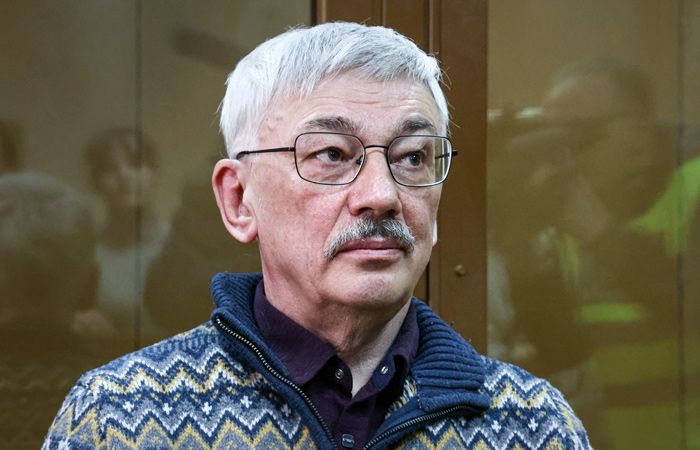
Oleg Orlov
Co-chair of the human rights center “Memorial” (in an interview to the “Caucasian Knot”)
“Azamat Ahkubekov, for instance, picked up the weapon but refrained from participation in the attack and did not fire a single shot. And then, having dropped his weapon, voluntarily surrendered to authorities – in other words, the person made a reasonable choice amidst committing a crime. Without any doubt, he deserves to have a mitigated punishment compared to those who did shoot. But it is not the case, everyone got the same sentence without considering the attenuating circumstances. Unfortunately, it is a signal to those who might have surrendered that there is no difference – whether you do it or not, your sentence will be severe. It is devastating, it is unfair, it is stupid. And, of course, it is disappointing that obviously innocent people got sentenced."
In January 2016, the Supreme Court of Kabardino-Balkaria heard the appeal submitted by 48 accused. Judicial board for criminal cases of the Russian Supreme Court refused to quash the life sentences of 5 defendants in the Nalchik attack case. However, it did slightly shorten the sentences of other accused — from 20 days to 1 year.
“Amnesty International”, an international human rights organization, considers the verdict in this case to result from torture and judicial mistake. “Human Rights Watch” condemned Russia for failure to investigate torture of the accused.
On 4 October 2022, the European Court of Human Rights delivered the judgment in the case “Kudaev and others v. Russia” where it considered complaints from 29 defendants in the “case of 58”. The court found a violation of article prohibiting torture and inhuman treatment of the European convention. The applicants were awarded non-pecuniary damage compensations ranging from 26 000 to 52 000 euro.
Two of the applicants in the case were represented by the lawyers working with the human rights center “Memorial” as well as lawyers from the “European human rights advocacy center” (EHRAC).
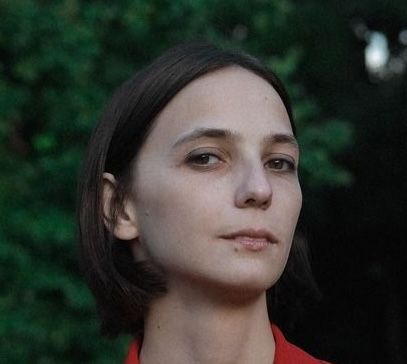
Natalia Sekretareva
lawyer from the human rights center “Memorial”
“In observations we indicated that things done to the applicants – battery, electric shocks – shall be qualified as torture. The applicants presented a consistent and uncontroversial version of the events of 2005. The State denied that law enforcement officers were involved in torture. At the same time, the authorities did not even try to explain the injuries suffered by our applicants. The government relied on their initial testimonies obtained by torture. However, firstly, the applicants had long ago renounced them; secondly, these testimonies do not explain how our defendants got covered in bruises after arrest.”
The applicants have not received the allocated compensations – Russian authorities stopped paying damages awarded by the ECtHR after 15 March 2022.
Alexander Cherkasov
Member of the Council of the human rights center “Memorial”
“The Nalchik attack was probably the last large-scale weaponized act orchestrated by “terrorist number 1” Shamil Basaev. Under closer inspection, the case turned out to be not only about radicalization of the local Muslim community but also about cruel and stupid actions undertaken against it by government and law enforcement.
The “case of 58” became an extension of the same policy: cruel torture, fabricated prosecution etc. And it is highly possible to state that Russian authorities for the last two decades have learnt their lesson therefrom.”
The “case of 58” became an extension of the same policy: cruel torture, fabricated prosecution etc. And it is highly possible to state that Russian authorities for the last two decades have learnt their lesson therefrom.”

